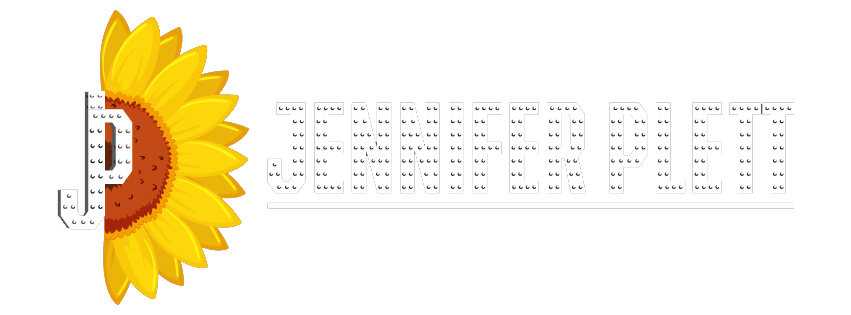As we head into 2024, the Winnipeg real estate market continues to evolve, presenting new opportunities and challenges for both buyers and sellers. Whether you’re looking to buy your dream home or sell your current property, understanding the latest trends can help you make informed decisions and navigate the market more effectively. Here’s what you need to know about the key real estate trends in Winnipeg for 2024.
1. Rising Demand for Suburban Living
One of the most notable trends in Winnipeg’s real estate market is the increasing demand for homes in suburban areas. With more people seeking space, tranquility, and affordability, neighborhoods outside of downtown are becoming prime real estate. Communities like Steinbach, Niverville, and St. Vital are seeing a surge in interest from families and professionals who want to enjoy the benefits of suburban living without being too far from the city.
2. Low Inventory, High Competition
Similar to national trends, Winnipeg is experiencing low housing inventory, which is leading to high competition among buyers. With fewer homes on the market, bidding wars are becoming more common, especially for well-priced properties in desirable locations. Sellers can take advantage of this trend by listing their homes in 2024, as they are likely to receive multiple offers and sell quickly.
3. Increasing Popularity of Condos
Condos are gaining popularity in Winnipeg as they offer an affordable alternative to single-family homes, particularly for first-time homebuyers and downsizers. In 2024, the condo market is expected to continue growing, with more developments being built to cater to a range of buyers. Condos in central areas, like downtown Winnipeg and Osborne Village, offer proximity to amenities, making them an attractive option for those who want urban living without the high costs.
4. Sustainable and Energy-Efficient Homes
Sustainability is becoming a priority for homebuyers in Winnipeg, with many seeking energy-efficient homes that reduce environmental impact and lower utility bills. In response, new construction projects are incorporating green features, such as solar panels, energy-efficient windows, and smart home technologies. This trend is expected to grow in 2024, as buyers become more environmentally conscious and look for long-term savings.
5. Interest Rates and Their Impact
Mortgage interest rates continue to play a pivotal role in the real estate market, and 2024 is shaping up to be a promising year, especially in Canada. Interest rates are on a steady decline, creating an ideal environment for buyers. With lower rates boosting purchasing power, buyers have the opportunity to secure more favorable financing options. For sellers, this can translate into increased buyer interest, although timing remains essential to maximize the benefits of this trend. Staying informed and ready to act will be key for both buyers and sellers as the market shifts in response to falling rates.
6. Remote Work and Housing Choices
The shift towards remote and hybrid work has altered the way people think about their homes. As more professionals work from home, they are prioritizing properties with home office spaces and access to outdoor areas. This trend is particularly noticeable in Winnipeg, where homes with larger lots and extra rooms are in high demand. In 2024, sellers who highlight the work-from-home potential of their properties will have an edge in attracting buyers.
7. Growing Investment in the Whiteshell Cottage Market
Beyond urban areas, Winnipeg’s proximity to Whiteshell Provincial Park is driving a growing interest in cottage properties. Many buyers are seeking vacation homes or investment properties in the Whiteshell area, taking advantage of its natural beauty and outdoor activities. As this market continues to expand in 2024, buyers interested in cottages should act fast, as competition is heating up for lakeside properties and cabins.
8. Affordability Challenges for First-Time Buyers
Despite growing demand, affordability remains a challenge for many first-time buyers in Winnipeg. As home prices continue to rise, saving for a down payment and securing financing is becoming more difficult. In 2024, first-time buyers may need to explore alternative financing options, such as first-time homebuyer programs or consider more affordable areas outside the city center to enter the market.
9. Technology-Driven Real Estate Transactions
Technology continues to transform the real estate industry, making transactions faster and more efficient. In 2024, more buyers and sellers in Winnipeg will rely on virtual tours, digital contracts, and online platforms to complete real estate transactions. For sellers, this means making sure their homes are presented well online, while buyers benefit from the convenience and transparency of digital processes.
10. Real Estate Investment Opportunities
Winnipeg remains an attractive destination for real estate investors due to its relatively affordable housing market and steady population growth. In 2024, investors will continue to explore opportunities in rental properties, both in the residential and commercial sectors. With increasing demand for rental units, particularly in suburban areas, rental income opportunities are likely to remain strong.
Conclusion
The Winnipeg real estate market in 2024 offers a mix of opportunities and challenges. Whether you’re buying, selling, or investing, staying informed about the latest trends is essential for making smart decisions. Rising demand for suburban living, low inventory, and the continued growth of the condo market are shaping the future of real estate in the city. As you navigate these trends, partnering with an experienced realtor like Jennifer Plett can make all the difference in achieving your real estate goals. With a deep understanding of the local market and a commitment to personalized service, Jennifer Plett is here to help you succeed in 2024 and beyond.

